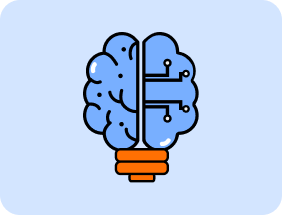- Home
- Solutions
- Join Community
- Methodology
- Limited Offer
-
Pricing
- More
What is the Activity?
Microlearning is a learning approach that breaks content into small, manageable units, usually ranging from 2 to 15 minutes. Each unit focuses on a specific objective, such as acquiring knowledge, developing skills, solving problems, or reinforcing concepts. Learners can engage with microlearning in various formats, including short videos, infographics, quizzes, interactive activities, audio clips, or text summaries.
The content is highly targeted, focusing on a single concept, process, tip, or best practice. Interaction types vary, learners may passively view, actively participate, or reflect through short journaling or self-assessment. Assessments can be knowledge checks, task completion, or self-evaluations, making microlearning flexible, personalized, and effective for retention and application.




 Individual
Individual
 Learner
Learner Mentor
Mentor Organisation
Organisation
 Learner
Learner Mentor
Mentor Organisation
Organisation






